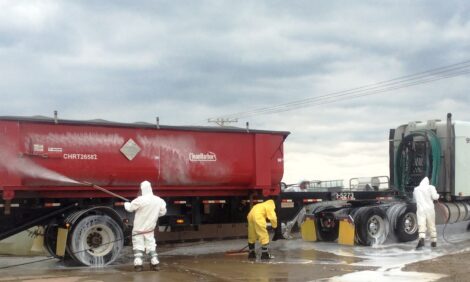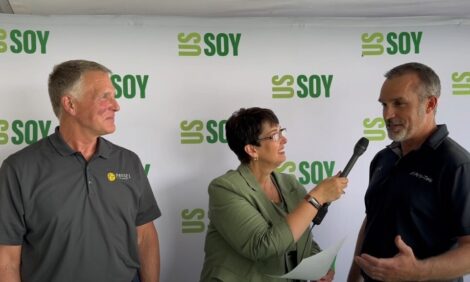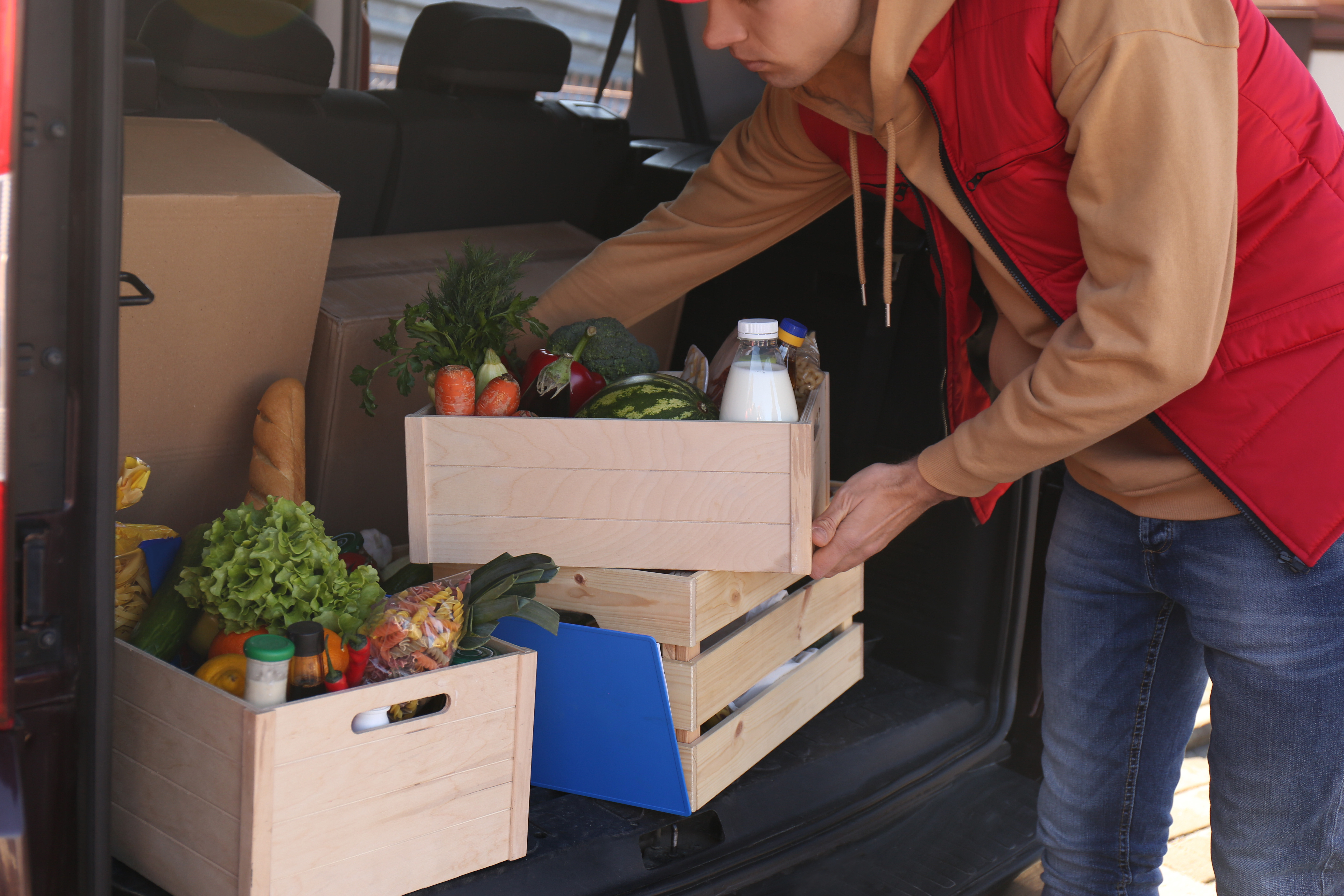



Front line food aid and using food surpluses to our advantage during the COVID-19 pandemic
In part 3 of ffinlo Costain’s interviews with food relief organisations, he speaks to Mark Game, founder of The Bread and Butter Thing, about innovative approaches to food aid and how to use food surpluses to our advantage.Part of Series:
< Previous Article in Series
Background
As the coronavirus pandemic forces governments to extend lockdowns and shelter in place orders, thousands of families across the UK find themselves at the sharp end of a contracting economy. As more workers are being furloughed or sent home, many are facing food insecurity and social safety nets that are overwhelmed with claims.
Many of these workers and their families are relying on food banks to meet their needs, but these organisations are struggling to satisfy increased demand and keep their staff safe from infection. However, food aid in the greater Manchester area has evolved beyond government benefits schemes and pre-packaged food parcels.
A different approach to food aid
The Bread and Butter Thing, a charity based in Manchester, is a weekly subscription service that takes surplus food and redistributes it via community hubs throughout the city and surrounding environs. The organisation operates with a membership model, where customers subscribe to weekly grocery deliveries/pick-ups.
Mark Game, the founder of the programme, explains that The Bread and Butter Thing operates like a veg-box scheme. However, instead of giving the end user locally produced and seasonal vegetables, the company sends them surplus food. Members pay £7.50 per week and receive three bags of groceries with an estimated retail value of £40. One is covered goods like cereals and packets, another is produce and a third bag is refrigerated goods – dairy, protein or other ready meals.
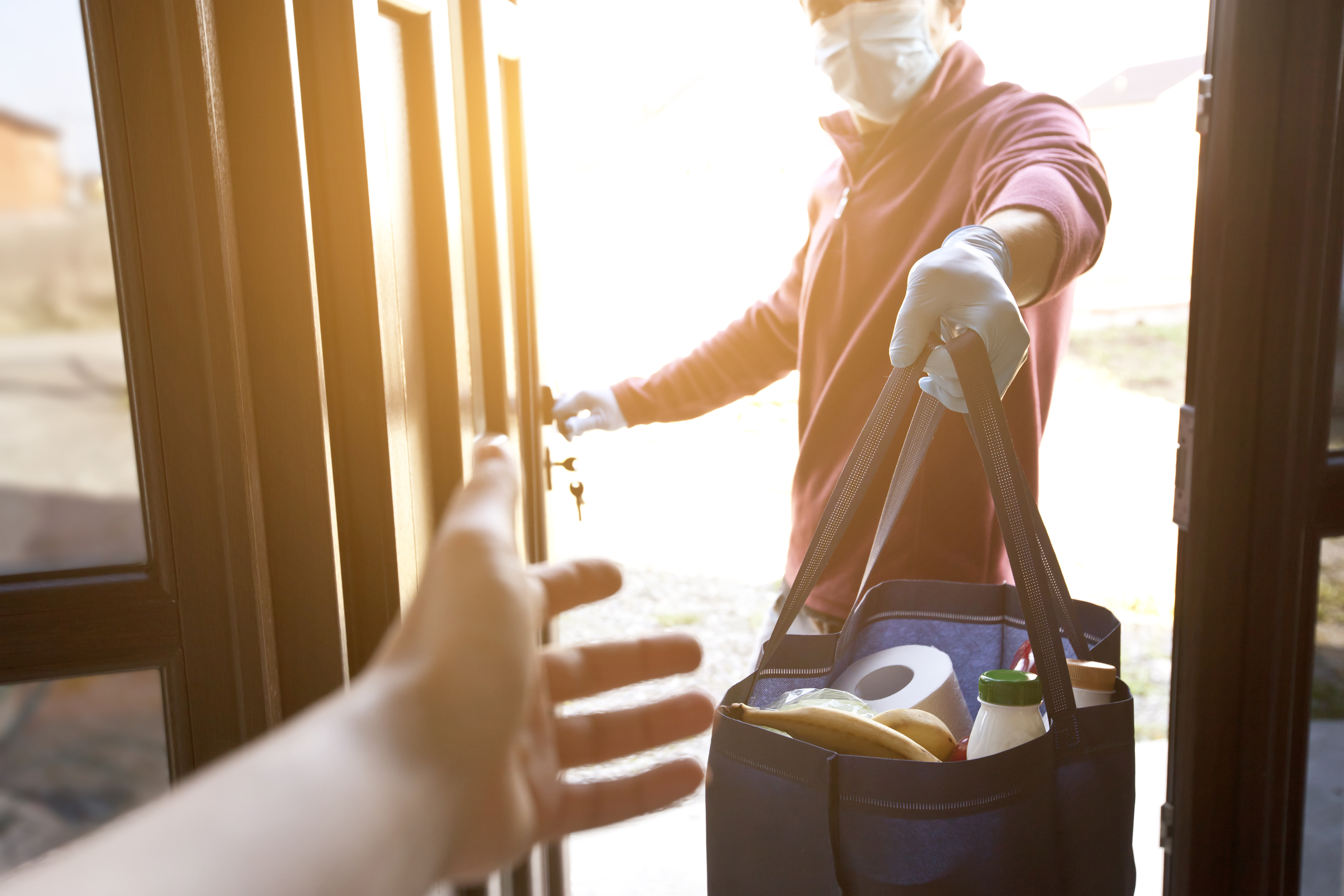
The charity doesn’t guarantee that people will get exactly what they want – the products vary week to week. However, if people are flexible with their needs and wants, The Bread and Butter Thing is an option that saves customers money and prevents food waste. It also serves as a buffer service between free food aid and official benefits.
The organisation has 28 hubs in greater Manchester and two in Darlington. Since their outreach is supply driven, Game stresses that the more food The Bread and Butter Thing gains access to, the more they can redistribute and grow.
How do food surpluses occur?
Game tells Costain that food surpluses occur when there are fluctuations in the forecasting that supermarkets rely on.
To illustrate his point, Game explains that if someone was planning a dinner party, the host would have to think about how much food they need to prepare to ensure that everyone was satisfied and accommodate guests who wanted seconds. Inevitably, the host tends to make more food than they need to make sure everyone has enough.
Supermarkets face this problem on a wider scale. In this case, they’re trying to feed 60 million people across the UK as efficiently as possible, while accommodating specific needs and market trends. It’s a huge weekly challenge.
Grocers rely on data-driven forecasting and intelligence to make purchasing decisions. They tend to incorporate a one to two percent fluctuation in their purchases, just to hedge their bets. Though this system normally allows supermarkets to meet their weekly overheads and margins, mild and moderate surpluses can build up. These surpluses are usually put into special promotions or sales, but many of the surplus goods are dumped if they aren’t sold before their expiration dates.
The impact of coronavirus
When discussing how the programme has adjusted to coronavirus, Game stresses that The Bread and Butter Thing was a community-led organisation before the pandemic. Volunteers and staff members would take the food in vans and engage in outreach activities while delivering food.
Because of COVID-19, volunteers have had to retrench. They are packing food parcels in warehouses instead of community spaces. Game feels that they have become more of a crisis food delivery system instead of a subscription service.
The Bread and Butter Thing has started teaming up with the local government to provide home delivery services. They’re using furloughed workers as volunteer delivery drivers – transitioning away from community hubs.
Though he tells Costain that it’s too soon to quantify demographic shifts in subscriptions, but he does report a surge in families relying on the service. Game says that the working poor and those who are on the cusp of poverty make up the bulk of his client list. COVID-19 hasn’t changed that.
On the supply side of things, Game reports that there have been some discrete changes to the surpluses they have access to. Since the restaurant and catering sectors have largely shuttered, UK consumers are eating all their meals at home. Retailers have had to drastically change their purchasing to account for increased demand. As a result, surpluses still exist, but panic buying has meant that shelf-stable and ambient foods aren’t as abundant. Fresh and chilled foods surpluses are growing.
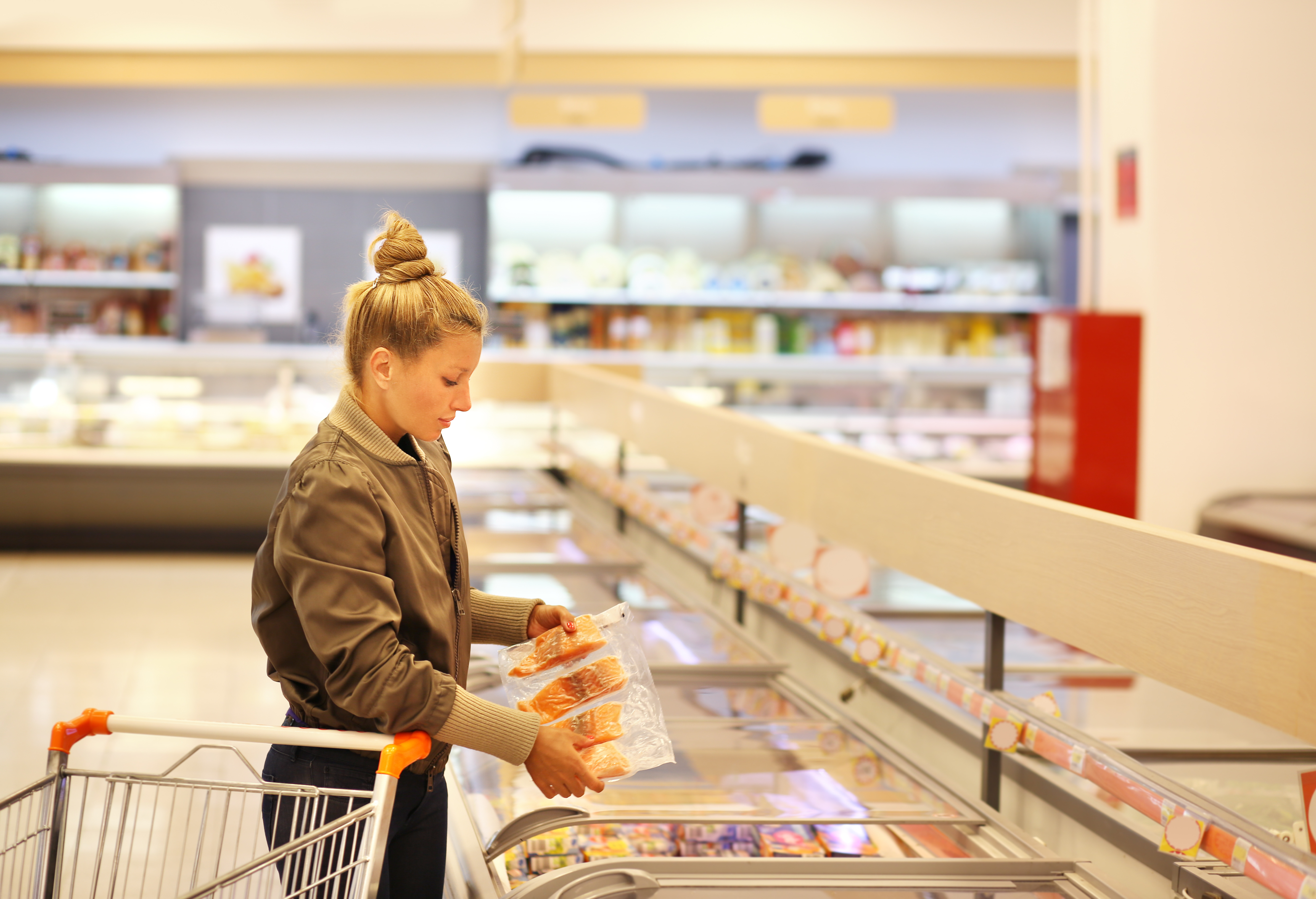
The fact that many foodbanks and charities have had to close or restrict operations means that surpluses at other levels of the food supply chain aren’t being diverted. Game explains that charities like The Bread and Butter Thing often access food directly from factories or processing centres. Since many organisations can no longer safely collect food, factories have been unable to redistribute the excess – despite need from consumers.
“No one knows that the new normal is, so how can you forecast for it?” Game says.
Life after COVID-19
Game tells Costain that it’s unlikely that the UK will return to its pre-coronavirus status quo when it comes to food. He anticipates that retailers will shore up their supply chains and build in some resilience to avoid empty shelves and food waste. He also believes that people and policymakers will rethink their role in the food system. The UK’s policies should become more “citizenship-oriented” in order to address food insecurity.
Costain and Game agree that the UK needs to support frontline workers during the COVID-19 crisis. However, this support needs to continue after the crisis abates. Government must take substantial steps to eradicate poverty and hunger; working alongside frontline workers is a crucial step in meeting this need.






